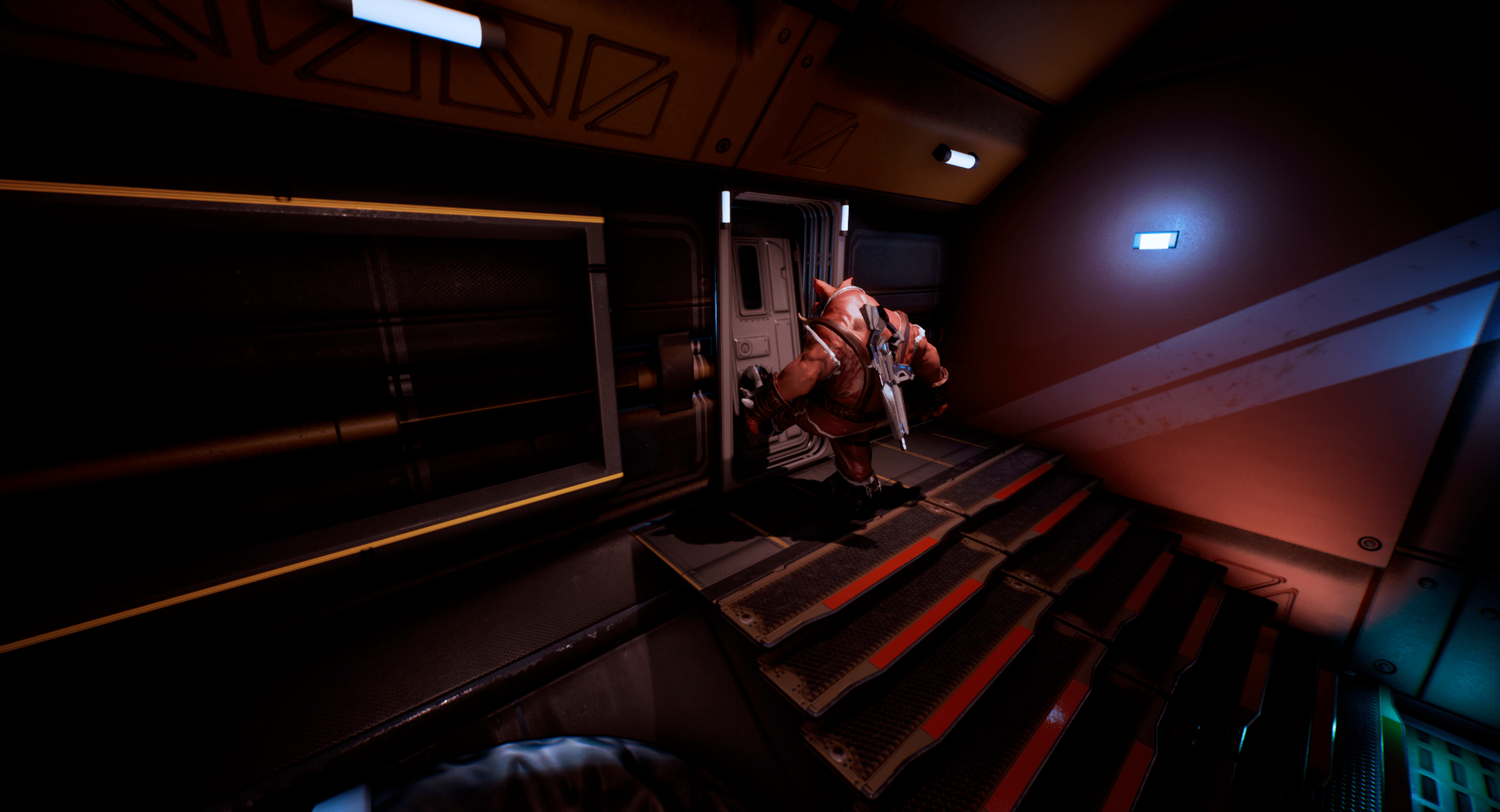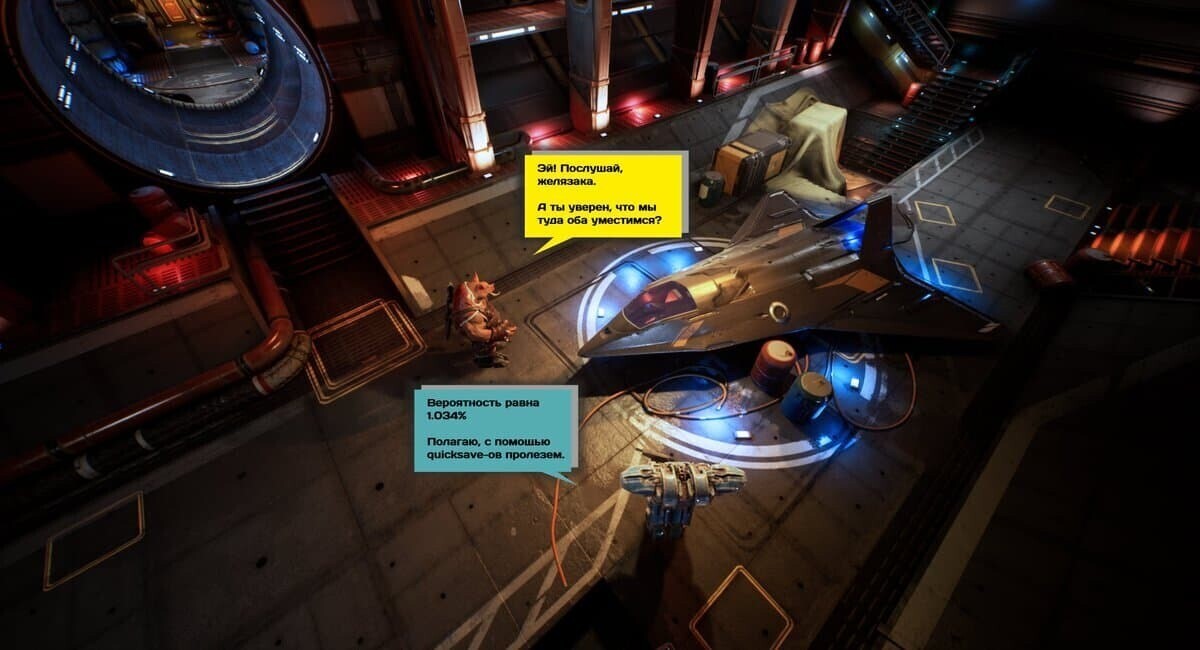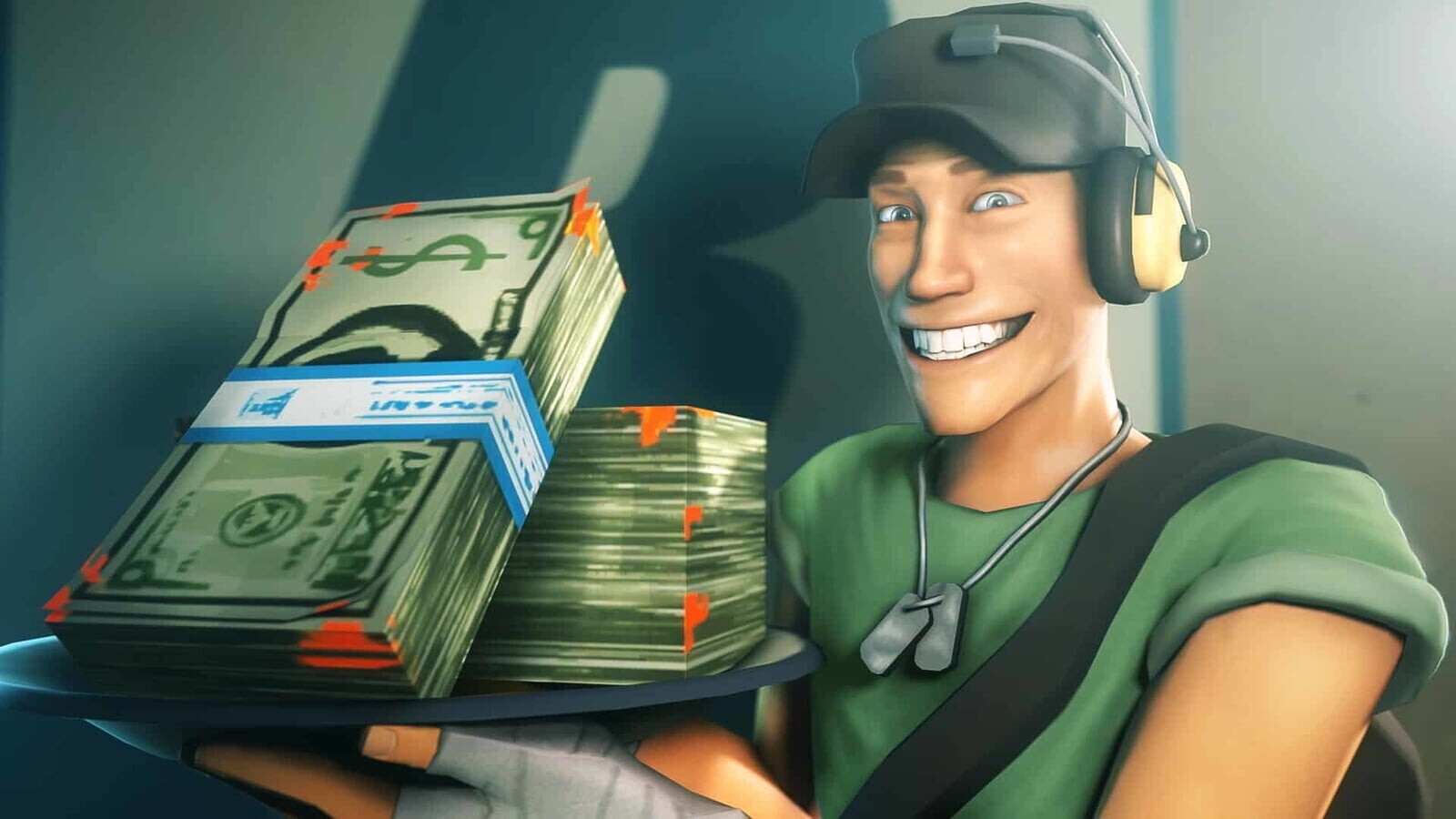Path Of The Indie - Team Building
CEO of Rummy Games creating Saturated Outer Space proceeds to share his experience with other independent developers
Greetings!
For newcomers here is the first post about me and reasons why these articles might interest you.
Disclaimer: I’m not going to tell you how to make video games properly. Instead, I am sharing my personal experience and training while managing an indie team following the Path.
Life gives a person three joys: friend, love and work. But how seldom do they come together!
Arkady and Boris Strugatsky
I’ve already mentioned in these series of articles, why people came into our team or how they left. There is not much more to add to it. But I can also tell how we support and motivate each other. Let’s discuss this popular term “team building”. I was told once by someone very wise that the best team building is to release a game. That’s all! The advice was to forget about anything else. I will not argue that the release is a very special thing which can change everything. And the more successful it is, the more motivated the team would become. However, we should also think about all the way we need to go before the release!
How to motivate the team on the way to the game release

We started with a simple set of rules to live by and function as a team. We named it our “codex”. The most important things are:
- Respect other team members
- Try being objective
- Do your work as good as you can
- 90% of the job done means the job is not done
- Don’t lie
- Be in touch if possible
Generally speaking, all those rules exist to support a healthy and productive environment in the team. Newcomers get to know those rules as soon as possible to successfully integrate in the team. We don’t control how everyone behaves but in 1,5 years we had only one case of a person being disrespectful in communication. We don’t work with this person anymore.
I - Immersion

As we have been working remotely from the very beginning and all the team members are scattered from Saint Petersburg to Petropavlovsk, we don’t see each other very often. Actually, I still haven’t seen all the people in real life, and with some of them we met only via webcam. But those who can come to our live meetings, gather quite regularly. Public events, conferences, exhibitions, tabletop games sessions, Christmas parties in a bar, we have all of that. It adds more reality to our work. People see their colleagues in real life. They get to know each other from different new sides and begin to believe in our indie-game project even more! You know, it’s amazing to finally meet someone with whom you’ve been talking in discord for half a year.
In our team the offline meetings happen spontaneously. Don’t discard the moments like these and try to cultivate them. Even if you don’t release the game, at least you will have something to remember! Indie story is not only about the product, it is also about the path to go on the way there. All the transitional stages have to be valued too and not ignored. Sometimes you need to relax!
The culture of team communication gets cultivated exactly in the moments of real life meet-ups. Thanks to the informal style of interaction, the adaptation is really fast for everyone. Everything goes smoothly without any awkwardness.
C — communication

I see our regular conf calls as another one instrument of team building. I’ve already mentioned in the previous post that every Monday we gather for the whole team online meeting where our PM and I tell about the team’s achievements and results for the week. We inform others about the project’s progress and set our short term goals. Sometimes we organise lectures about lore, discuss some general questions, plan other calls for a week and praise those who did especially good work. We can also openly discuss the opposite, if someone didn’t deliver the expected result. It only sounds mean, we try to do this in a productive way with encouragement and suggestions to help.
We all have a common goal for our project: to go till the end and get a successful case for the portfolio. Everyone wants to see his name in credits. But our work is not limited by this result, sometimes it’s a learning process which means investing in oneself. We give the opportunity to use our game as a graduate project if needed.
Our mentors help us grow too, providing their expertise and experience, giving us new impulses to move forward.
Gamedev is one of the unique environments where people don’t just earn money but they also have fun, make friends, learn and grow, and all this is the part of the deal! We all came here not to just create games but also to find like minded people, new knowledge and next level-ups.
M — money

If we return to a more mercantile point of view, I can remind you of such things as options. You can always discuss and prepare a system of personal rewards, related to the release or the funding by investors, and make everyone sign the document with those agreements. It’s better than to have questions like “I don’t remember that we discussed it” later anyway. There are more official ways to secure the agreements but you’ll have to go to legal experts.
* * *
This part covers the time from May 2019 to August 2020.
The moral of the story:
- Start small. Create the team codex and agree on it with everyone in the team.
- Team building is not just to have a party together. Especially if your team is distributed. It should be about uniting the team by any means.
- You can raise motivation even before getting funding. And secure the shares distribution with legal help.
Saturated Outer Space
Lead a squad and set a course towards distress calls. Extinguish fires, remove obstacles, eliminate enemies!
| Status | In development |
| Author | Rummy_Games |
| Genre | Strategy |
| Tags | Aliens, Difficult, Isometric, Sci-fi, Singleplayer, Space, Tactical, Turn-based, Turn-Based Combat, Turn-based Strategy |
| Languages | English, Russian |
More posts
- Path Of The Indie - Processes and PipelinesDec 28, 2020
- Path Of The Indie - Funding Our GameDec 28, 2020
- Path Of The Indie - How We Let People GoDec 03, 2020
- Path Of The Indie - Work During PandemicDec 03, 2020
- Screenshot Saturday 14/11/2020Nov 14, 2020
- Path Of The Indie — Rebuilding The PrototypeNov 13, 2020
- Path Of The Indie — New AcquaintancesNov 12, 2020
- Screenshot Saturday 07/11/2020Nov 07, 2020
Leave a comment
Log in with itch.io to leave a comment.